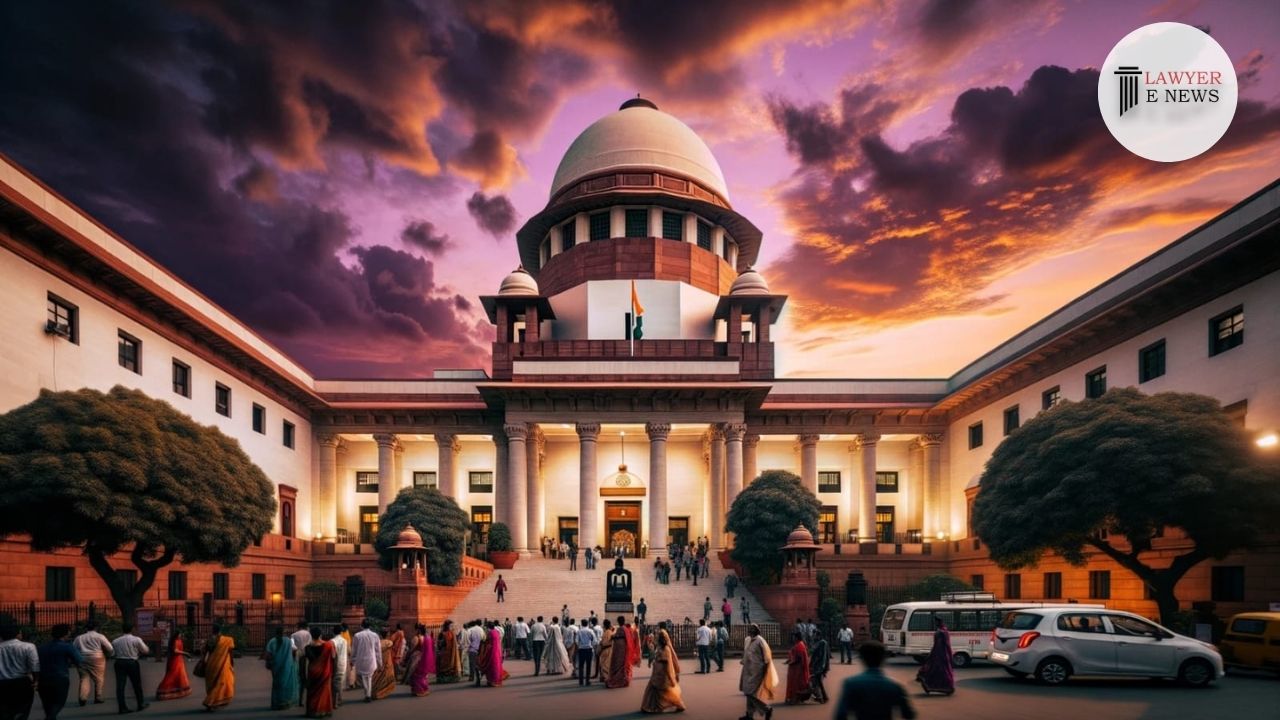-
by Admin
16 February 2026 4:21 AM



On 20 October 2023, In a significant judgment, the Supreme Court of India has ruled that the suppression of involvement in a criminal case, even if followed by acquittal, can disqualify a candidate from securing a job in the police force. The decision came in the case of The Director General of Police, Tamil Nadu, Chennai, versus J. Raghunees, in Civil Appeal No. 1183 of 2012.
The bench, led by Justice Pankaj Mithal, observed, “Information given by the candidate to the employer as to his conviction, acquittal, arrest, or pendency of a criminal case, whether before or after entering into service must be true and there should be no suppression or false mention of required information.”
The case revolved around the respondent, J. Raghunees, who was selected as a Grade-II Constable but failed to disclose his prior involvement in a criminal case during the verification process. Although he had been acquitted in the case, the court found that his failure to provide this information constituted suppression of material facts.
The court further emphasized that even if a candidate makes a truthful declaration of a concluded criminal case, the employer retains the right to consider the candidate’s antecedents and is not compelled to appoint them. In Raghunees’ case, the non-disclosure of his involvement in the criminal case, despite subsequent acquittal, raised doubts about his character and antecedents, leading to his disqualification from employment.
The judgment highlights the importance of complete and honest disclosure in matters of employment eligibility, particularly in the recruitment of individuals to disciplined forces such as the police. The decision reinforces the principle that candidates must provide accurate information about their criminal history, regardless of the outcome, to maintain transparency and integrity in the recruitment process.
This ruling serves as a reminder to job seekers that withholding information related to criminal cases can have serious consequences, even if they have been acquitted, and underscores the need for full transparency when applying for positions in the public service, especially law enforcement agencies.
Date of Decision: 20 October 2023
THE DIRECTOR GENERAL OF POLICE TAMILNADU, vs RAGHUNEES
